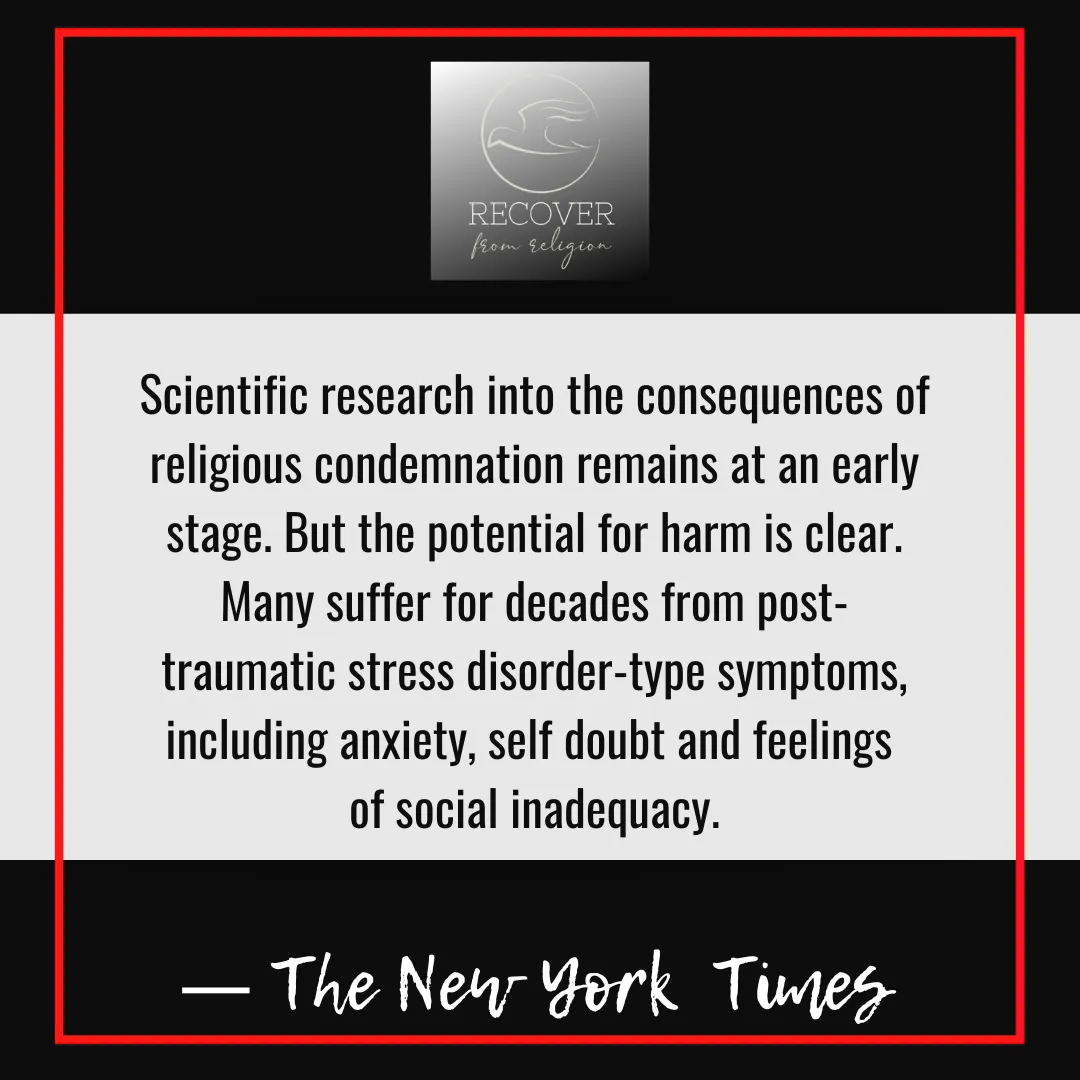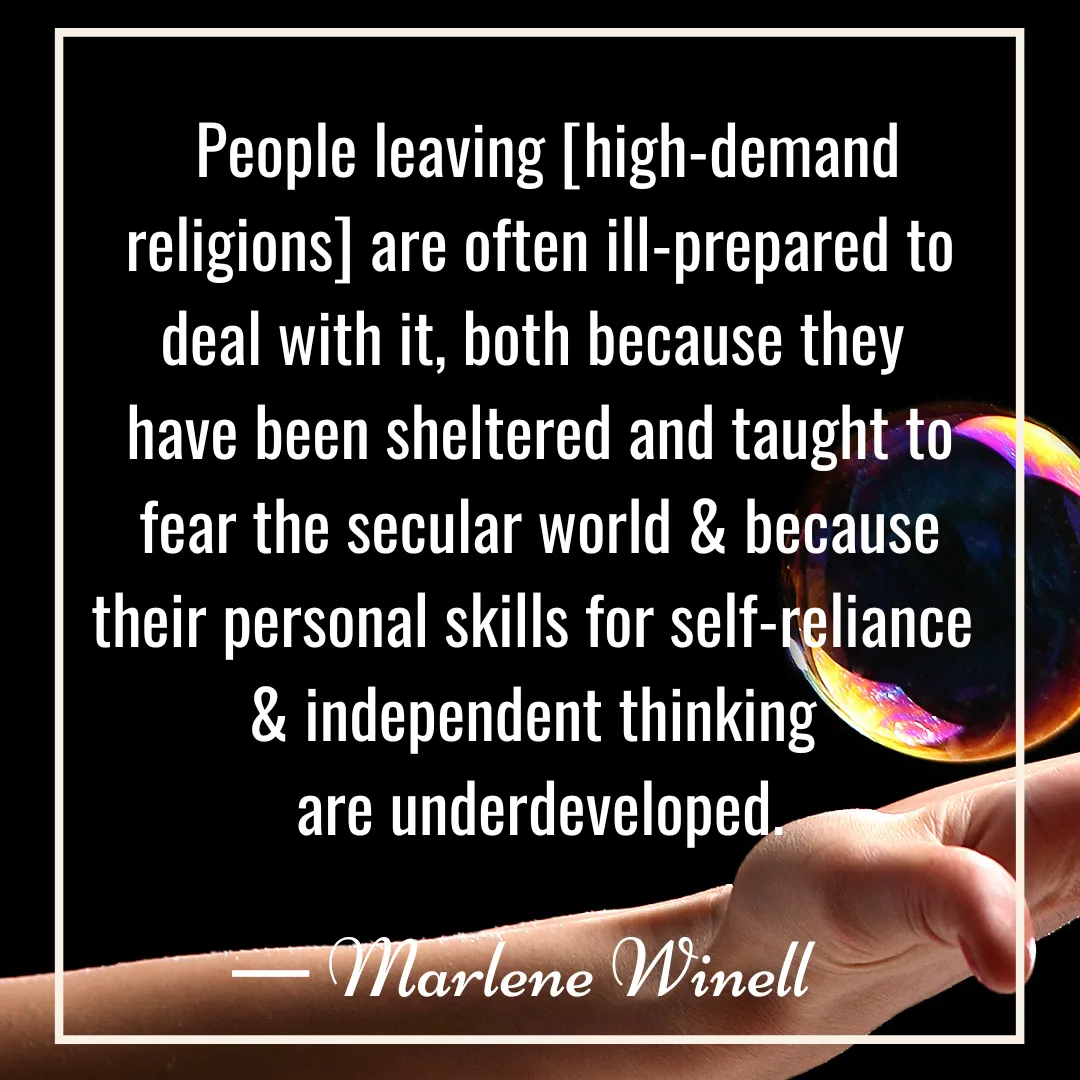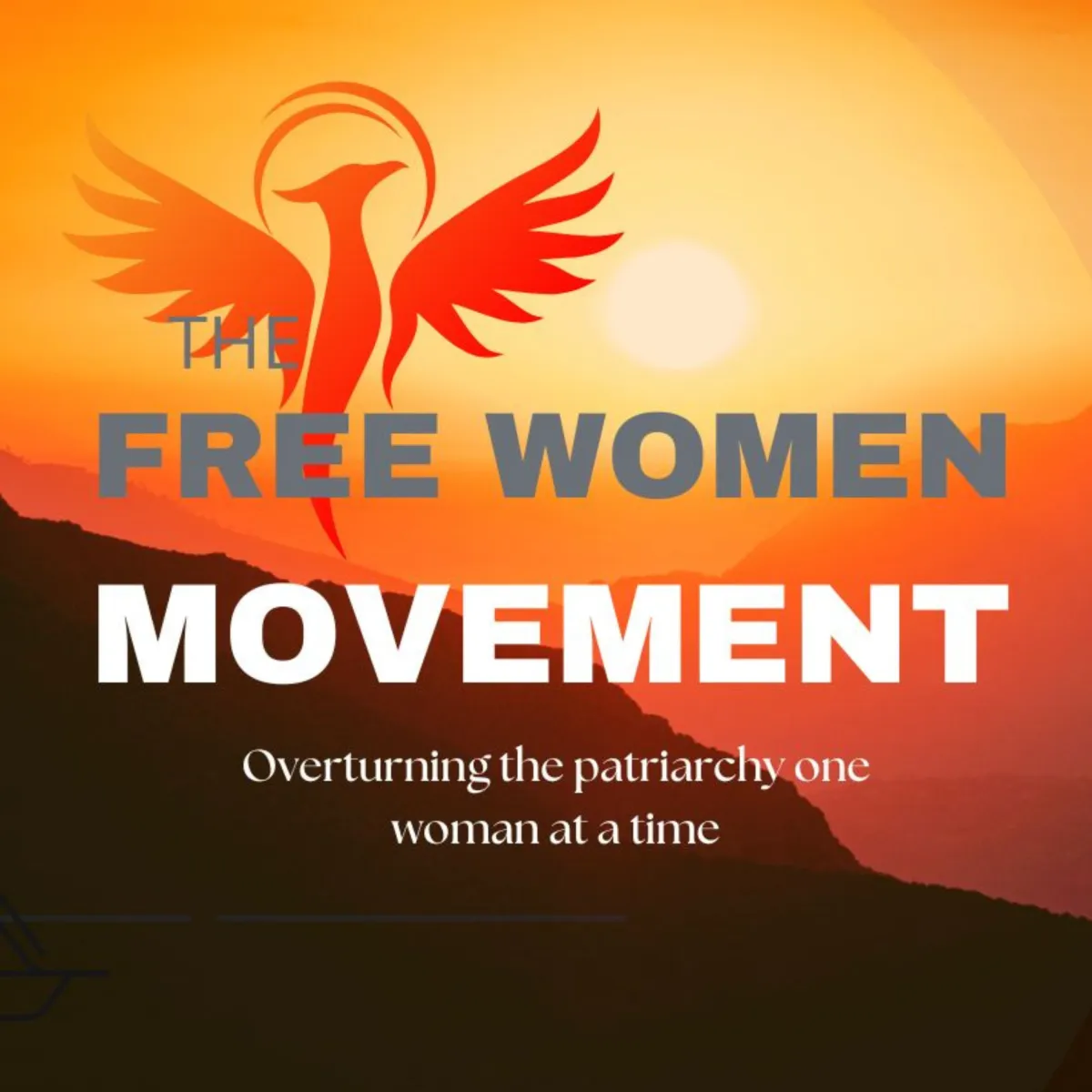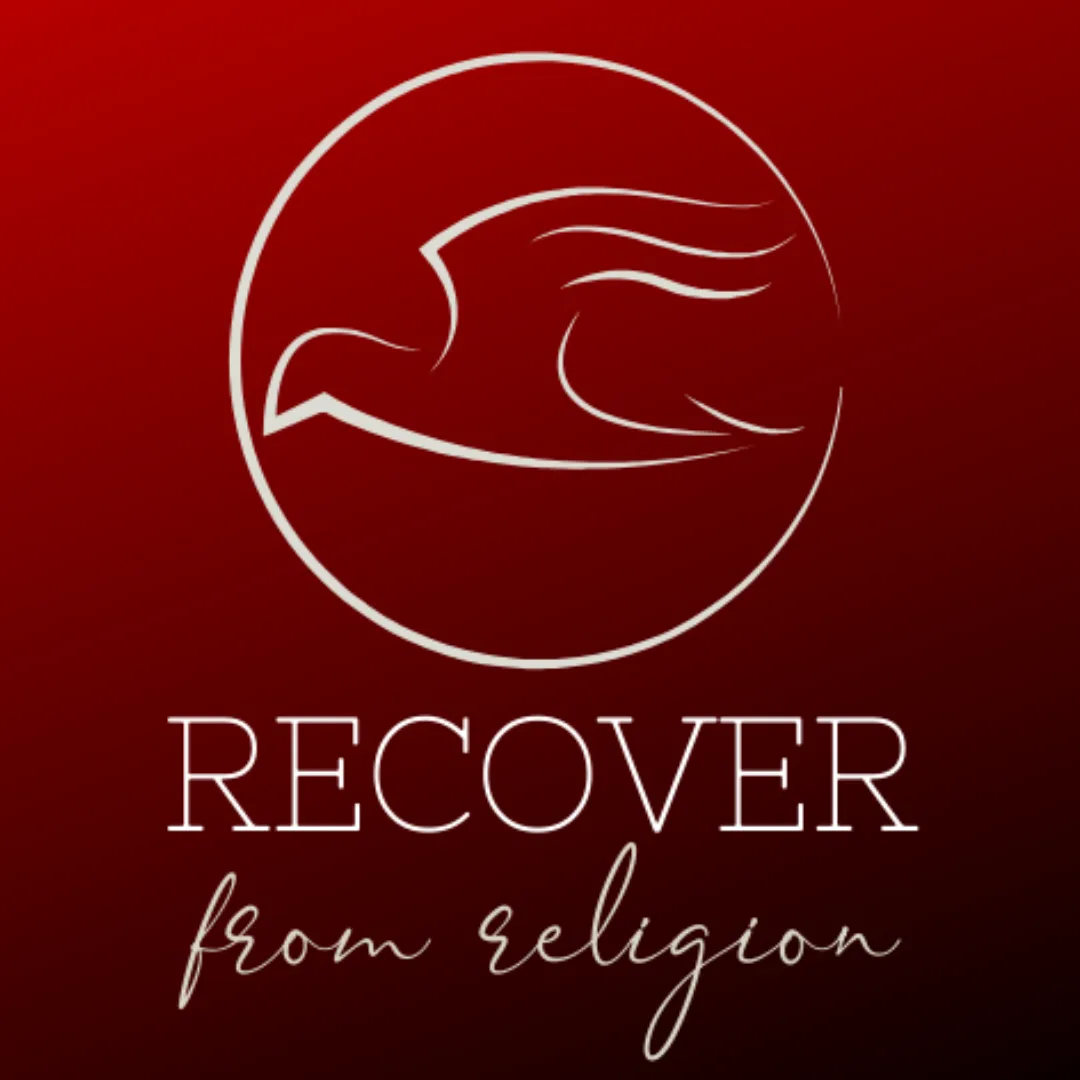Spiritual Abuse and Religious Trauma
A few years ago, "spiritual abuse" was not a common term. When I first heard it, though, it struck a nerve. The National Domestic Violence Hotline states, "There are many different types of abuse, but one you may not be aware of is spiritual (or religious) abuse." If you were raised in a coercive religious household, have been in a relationship with a narcissist who attempted to use religion to control you, or have been a member of a toxic high-demand group (or cult), you have experienced spiritual abuse and, likely, religious trauma.
Brace yourself for array of symptoms spiritual abuse can bestow:
Guilt and Shame: Say hello to the never-ending companions of religious trauma! Abuse loves to instill an overwhelming sense of guilt and shame, making you feel unworthy and sinful at every turn.
Fear and Anxiety: Religious trauma creates a deep-seated fear of divine punishment or eternal damnation, leaving you in a perpetual state of worry.
Identity Confusion: Thanks to spiritual abuse, you get to question your own identity - who are you without religion? This leads to confusion about your beliefs, values, and even your sense of self.
Difficulty Trusting Others: It's hard to trust others when you've experienced abuse in the name of God. Religious trauma and betrayal makes it challenging to trust people, especially church members.
Isolation and Alienation: Prepare for some unwanted quality alone time. Spiritual abuse may lead to feelings of isolation and alienation from family, friends, and community members who may shun you, or at the least not understand or acknowledge your experiences.
Depression and Suicidal Thoughts: Even after leaving a spiritually abusive situation, depression and suicidal thoughts often hang around like souvenirs of religious trauma.
Loss of Faith or Spirituality: Ah, the bittersweet result of religious trauma. It can lead to a catharsis, a loss of faith, or a rejection of spiritual beliefs as you try to distance yourself from your suffering.
Difficulty Establishing Boundaries: Line - what line? Trauma makes it hard to identify or assert your needs and desires, since you've been conditioned to prioritize the religion over your own well-being.
Cognitive Dissonance: Get ready for your brain to do somersaults. Spiritual abuse creates cognitive dissonance, where your beliefs and experiences clash, leaving you in a state of internal conflict.
Physical Symptoms: Yes, religious trauma can even impact your body. It may manifest as physical symptoms like headaches, stomachaches, illness, pain, or other stress-related ailments.
Spiritual abuse in a relationship is a form of domestic violence.


SPIRITUAL ABUSE IN RELATIONSHIPS IS DOMESTIC VIOLENCE.
IF YOU ARE EXPERIENCING ANY KIND OF DOMESTIC VIOLENCE,
VISIT THE HOTLINE AT WWW.THEHOTLINE.ORG
CALL 1.800.799.SAFE (7233), OR TEXT "START" to 88788
My Journey Through Religious Trauma
For the 30+ years I was a devout member of the Mormon church, I was skilled at creating the smokescreen of a happy LDS home, as I was expected to do. Behind closed doors, however, it was a nightmarish hell.
Over the years I spent as a Mormon, I experienced all of the following as I attempted to repress my true emotions: low self-worth, body dysmorphia, disordered eating, panic attacks, perfectionism, scrupulosity, sexual dysfunction, self-harm (cutting), drug and alcohol use (as a coping mechanism after leaving the church) and physical problems like esophageal spasms, bouts of pneumonia due to exhaustion, and stress-related seizures.
Despite all this, after marrying at 19, I still managed to graduate university with a BS in English, earn an MA in Education, receive a special education endorsement, and teach middle school. I owned a large dance academy for twelve years and worked insane hours to financially support my family.
Due to the large volume of people I interacted with in my community, I was relatively well-known in the area. This exposure helped my business, but maintaining a shiny image was vital to my continued success, and I was constantly on display. I hid ugly truths that might tarnish my reputation in both the LDS and local communities, and covered for, enabled, and hid my narcissistic Mormon husband’s bad behavior, criminal activities, abuse, anger, addictions and manipulation as well as my own unhealthy, self-destructive coping mechanisms.
My kids and I have spent the last 6 years following my divorce and their dad’s arrest for domestic violence, harassment, and “threat to kill” grieving all we lost. We walked away from everything, relocated to AZ, and started a quiet life alone, where we could bond, breathe, and heal. I dismantled my previous image of an ideal family, and created one that no longer included a father. We moved to Phoenix, in the hopes of rising from the proverbial ashes.
Now, I'm a bit of an armchair-activist. I run an Instagram account @recoverfromreligion to educate others on spiritual abuse. I think about all the bishops I went to for help, who turned their back, told me things "weren't that bad" and sent me home to "forgive" my abuser once again. I often think about the five women around my age that I spent time with in my old ward when our children were young. I think of the private anguish we all endured while we endeavored to raise "righteous" kids in the church and pretend we had it “all together” while we were all falling apart, and too afraid to talk to each other.
Despite our best efforts, the elusive LDS dream ended in disaster for each of us. Four out of the five of us were married to narcissistic, spiritually abusive mormon men. Some of these women’s experiences were even more horrific than mine. I believe this patriarchal spiritual abuse is a silent epidemic in the LDS church, and if it remains behind closed doors, it will continue. We all ended up divorced and publicly denigrated by our respective narcissistic exes.
I host and create content for a youtube channel, facebook page and instagram account dedicated to providing resources for those suffering from abuse-related PTSD, including spiritual abuse. I’m incredibly passionate about this subject, and hope to help as many people as I can find the happiness that exists outside of toxic religions.
Spiritual Abuse Resources

Join the Community
Our online community of women is here to support, celebrate, and assist you as create a life on YOUR terms. Join the community and find true friends here.

"Tell Me Lies" - the Podcast
Share your story and inspire others. How do we change things? The only thing we know to do is draw attention to the traumatic effects of dishonesty.

Recover From Religion
If you are ready to dive into healing, this account is full of resources to aid your recovery. Learn about manipulation, how to avoid it, and take control of your own life.
Copyright ©2020 All rights reserved